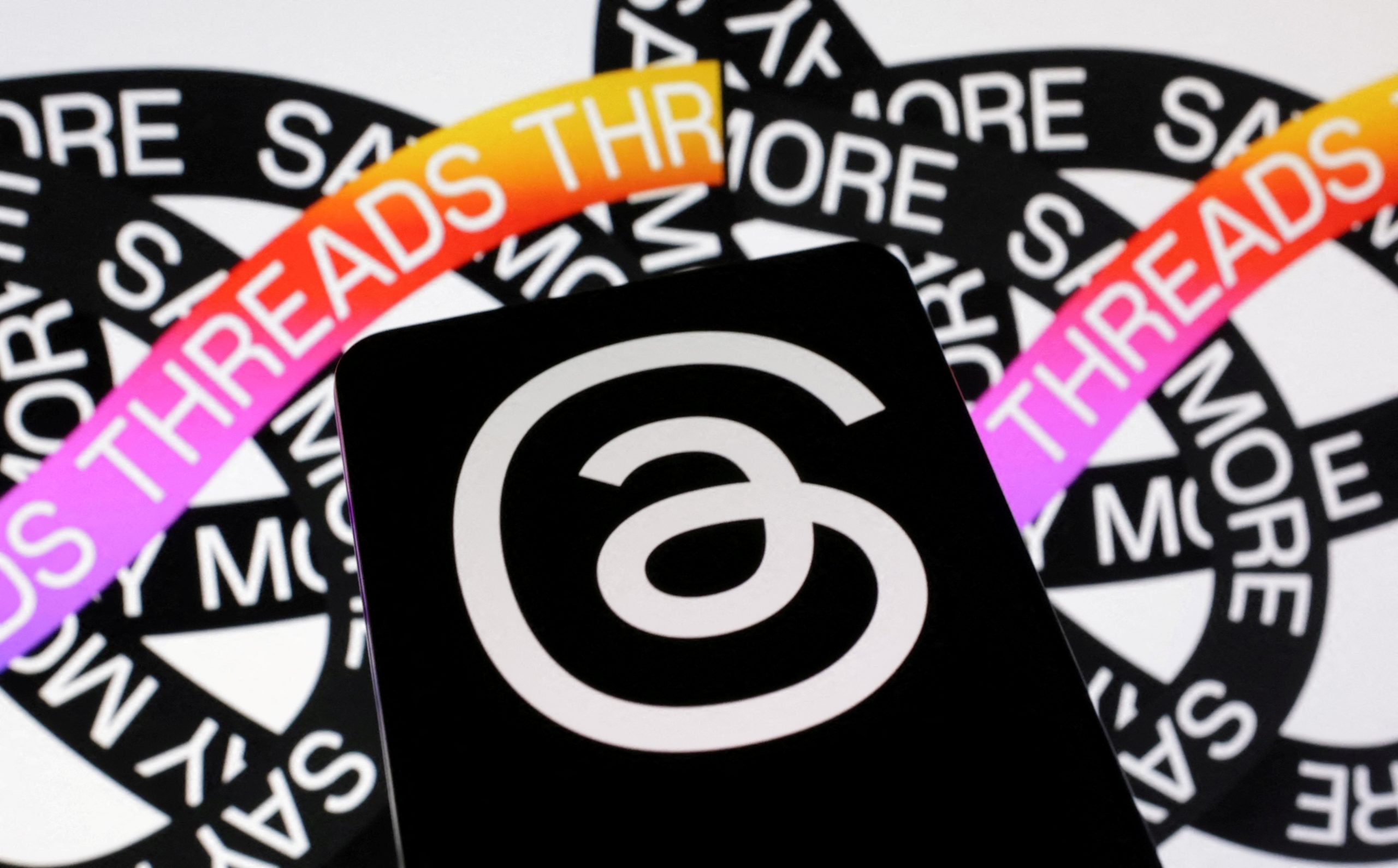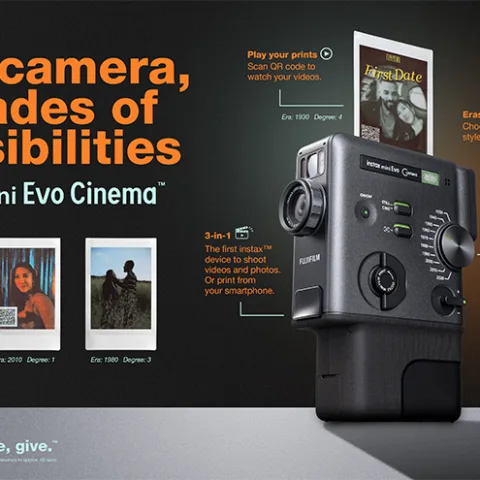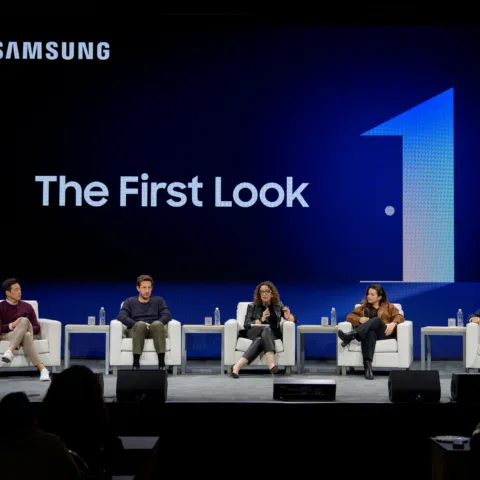 On the last day of Java Jazz Festival, I met an old friend who is now an Indonesian Android users community activist, Agus Hamonangan. During our conversation, he asked a question that has been under my observation for quite some time, about an activity that emerged as an effect from the rising social media trend: buzzer and also paid tweet phenomenon in Indonesia that leads to the trend of buying and selling followers especially on Twitter.
On the last day of Java Jazz Festival, I met an old friend who is now an Indonesian Android users community activist, Agus Hamonangan. During our conversation, he asked a question that has been under my observation for quite some time, about an activity that emerged as an effect from the rising social media trend: buzzer and also paid tweet phenomenon in Indonesia that leads to the trend of buying and selling followers especially on Twitter.
Agus, as he’s usually called, asked my opinion about whether the buzzer phenomenon will be able to continue along with the development of social media world. My answer was brief: as long as there is need then everything that can meet that need will certainly continue. It’s a simple economic principle.
I’ve seen that almost every Twitter account that I follow that became buzzer does not have the ability to maintain their reputation as a brand. Let me give you an illustration. Say, what do you expect by following a Twitter account under the name Raditya Dika? I’m sure you’d want to get funny and witty tweets that are uniquely Radit (Raditya’s nickname). So what do you feel when suddenly the tweets from Raditya Dika’s account start to packed with ads, with certain hashtags? Yes, probably you wouldn’t find this as a problem but many are disappointed.
As a buzzer, Radit does nothing wrong, the disappointed followers cannot be blamed, either. Probably there’s a discrepancy that makes followers decided to unfollow the buzzer. The reason? I personally follow someone with the hope of getting what I want from that person. So when my presence there is only to be a target for advertising, of course I wouldn’t be very happy.
Indeed, being a buzzer is very tempting. Just imagine; according to a source, there is a buzzer that got rewarded Rp5 million for each tweet depending on how many followers that they have. The problem is that sometimes, the buzzer who gains from ‘using’ the number of people following him is often not aware that followers must be nurtured, maintained, like a community.
Once again, I will use an analogy that I always come up with to describe a community: a garden and the garden keeper is supposed to foster and maintain the garden so that visitors will keep coming as well as further maintaining the visitors to be able to feel comfortable and come back on regular basis.
I think it’s better for a buzzer to be that garden keeper, keeping the follower to stay comfortable and regarding them as valuable assets. Tweet that purely comes from the head and ordered tweet are clearly different. Therefore, in doing the job as a buzzer, I think it’s not allowed to just tweet something added with ordered hashtag then think that that’s it. There are things to consider, such as:
- Series of tweets scenario. Most of buzzers just receive an order on how many times they have to tweet in a period of time. It’s rare for a buzzer to be in a series of tweets scenario developed from the brief given by agency/brand.
- Ask the employer (agency/brand/personality) to sit together to design a strategy for distributing the message. If this is not possible, come with a proposal then ask the employer’s proposal.
- Ability to communicate briefly and effectively is highly important.
- Hard sale is a big no-no, except that the Twitter account is originally designed for hard sale. An example for such account is @iklanbaris (classified ads -Ed).
- It’s better to keep followers as main priority.
- Listen carefully to what is conveyed by followers because input from the follower could be representing what other followers feels, too.
Points mentioned above surely will be able to develop along with the changes and new cases occur in the world of social media but at least the basic information to be a buzzer is not just taking order and turn the followers as a target of paid messages.
So, what do you think? Are you ready to be a buzzer?
 Abang Edwin is a practitioner of online community management since 1998 long before the term of social media / social networks appear in the internet world. He began his journey by experimentation with several online communities which eventually successful at that, to this day he still gives consultations about knowing character and foster online communities for brands / agencies and individuals.
Abang Edwin is a practitioner of online community management since 1998 long before the term of social media / social networks appear in the internet world. He began his journey by experimentation with several online communities which eventually successful at that, to this day he still gives consultations about knowing character and foster online communities for brands / agencies and individuals.
He was at Yahoo! for over 4 years as a community manager. Currently he is Country Manager – Indonesia for Thoughtbuzz.net, a social media monitoring company.










